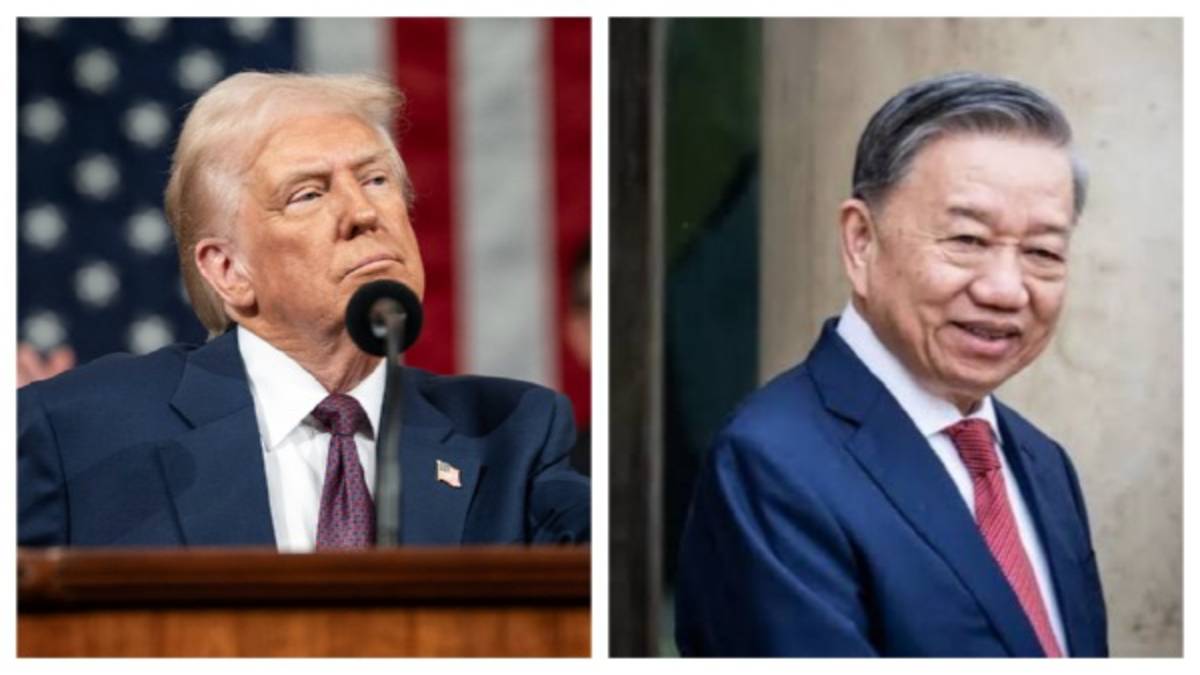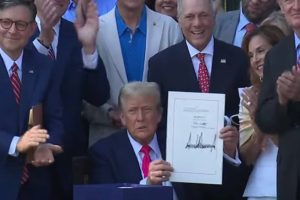Former U.S. President Donald Trump announced on Friday that Vietnam is willing to reduce its tariffs on American goods to zero if a trade agreement can be finalized between the two nations. Trump shared the development following a call with To Lam, General Secretary of the Communist Party of Vietnam.
In a post on Truth Social, Trump described the conversation as “very productive” and said, “Vietnam wants to cut their tariffs down to ZERO if they are able to make an agreement with the U.S.” He added that he thanked Lam on behalf of the country and looks forward to meeting him in the near future.
This development comes amid Trump’s newly announced global tariff policy, which includes steep reciprocal tariffs on several countries. Under the revised regime, Vietnam is set to face one of the highest rates—46 percent—effective April 9. The move is part of Trump’s broader trade policy aimed at promoting fairness and reciprocity.
Vietnam has emerged as a key trade partner for the U.S., particularly as companies shifted sourcing away from China in recent years. According to the U.S. Commerce Department, Vietnam was the sixth-largest source of U.S. imports in 2024, with total imports valued at $137 billion—up from $42 billion in 2016.
The planned tariffs could sharply raise prices on popular Vietnamese exports like electronics, clothing, and footwear—products on which U.S. consumers heavily rely. Trump’s administration argues that the tariffs are necessary to combat unfair trade practices such as subsidies, non-monetary barriers, and value-added tax systems that disadvantage American goods.
Trump reiterated that the goal of his tariff strategy is to encourage other nations to lower or eliminate their tariffs on U.S. products. As part of the broader plan, reciprocal tariffs are also set to be imposed on imports from China (34%), the European Union (20%), Taiwan (32%), Japan (24%), India (26%), and other nations.
Whether the zero-tariff proposal from Vietnam leads to a breakthrough in trade talks remains to be seen, but the offer signals a potential shift in U.S.-Vietnam trade relations amid rising global tensions over tariffs and economic policy.





